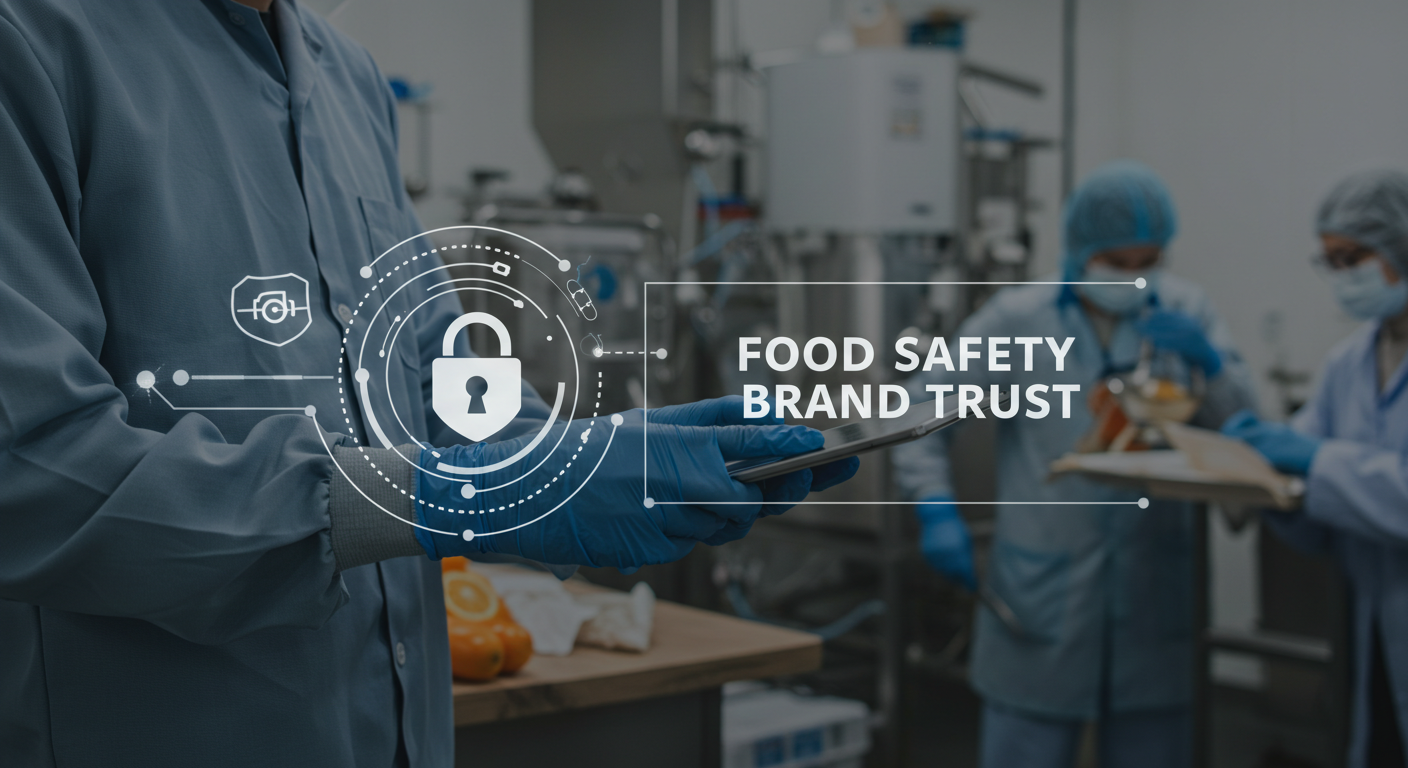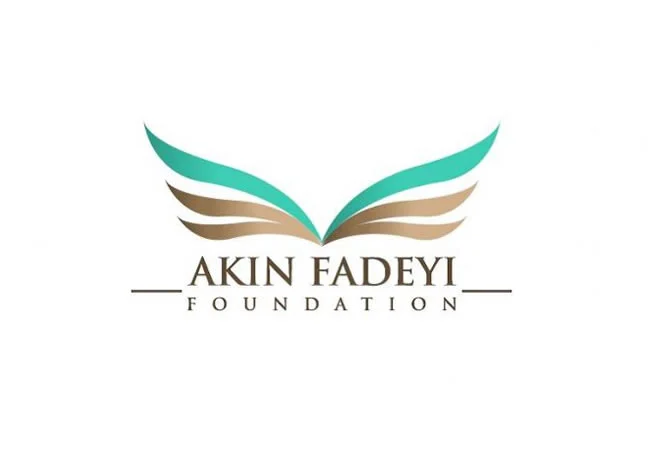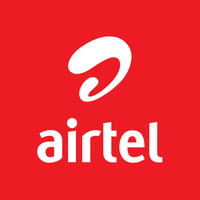Today marks World Food Safety Day. This global event sheds light on a vital reality. Food safety is much more than just a guideline for brands today. Indeed, it has evolved into a potent, unseen element. This critical component significantly increases customer confidence. It also truly determines a brand’s genuine integrity.
Consumers are now better educated than ever. They seek complete safety from their meals. Conversely, a single food safety error can seriously undermine a brand’s reputation. The financial repercussions might also prove substantial. To thrive, companies must go beyond basic compliance, particularly in fast-growing areas like Nigeria. They must establish safety as a basic value. This ultimately turns safety into a significant competitive advantage.
The Trust Imperative: Winning Consumer Loyalty
Today’s market is firmly built on trust. Every customer now has a voice. Digital platforms, furthermore, disseminate information rapidly. Consequently, brands cannot hide difficulties. Food safety is not merely a choice. It lays the very foundation of modern consumer interactions.
Recent changes, such as fast commerce, have made things more complex. Food moves quickly. It also shifts more hands. Brands, therefore, must demonstrate unwavering devotion to safety. They must assure safety at all stages. This unwavering commitment invariably increases loyalty. It helps keep customers coming back.
Transparency: The New Currency of Confidence
Leading brands are now embracing extreme openness. They publicly demonstrate their commitment to safety. This goes beyond a simple certificate. Instead, it includes stringent internal inspections. It also indicates ethical sourcing. Brands, in addition, continuously monitor their operations.
Technology notably enables this transparency. Blockchain, for instance, captures a product’s entire path. Consumers can thereby trace the components. They can also observe where the food comes from. Furthermore, they learn about quality inspections. This empowers buyers. Ultimately, it instills profound trust in the brand.
Technology’s Role: Guarding Every Link
Technology significantly enhances food safety. AI now predicts hazards effectively. It helps to optimize storage conditions. AI also detects faults in production lines. This powerful capability prevents problems before they even start.
Sensors and IoT devices continually monitor temperature. This is essential, particularly in cold chains. It actively prevents rotting during transportation. Moreover, this is critical for providing speedy delivery services. Clearly, these technological instruments serve as vital protections.
Indeed, these techniques are crucial in dynamic markets such as Nigeria. They guarantee that meals are transported safely. Perishable products arrive fresh. This, therefore, safeguards the consumer’s health. It also consistently protects the brand’s reputation.
From Farm to Fork (and Delivery): An Integrated Approach
True food safety, therefore, needs a full, integrated plan. It typically begins with strict supplier vetting. Brands must meticulously check raw material suppliers. They must meet high safety standards.
Production, moreover, must adhere to global best practices. This covers approaches such as Hazard Analysis and Critical Control Point (HACCP). These are essential in industrial plants. Safety also extends to the last mile. This refers directly to the delivery procedure itself.
Training for bikers is likewise critical. They learn about proper food handling. They manage temperature precisely. They guarantee prompt delivery. In Nigeria, platforms such as Glovo and Chowdeck process millions of orders. They hold enormous responsibility. Consequently, every supplied item must be secure.
Read more: Building authentic connections to win across generations
Communicating Safety Smartly: Building Reassurance
Brands must communicate clearly about food safety. They should not, however, persuade customers that previous items were harmful. The best approach instead focuses on the good. Highlight the peace of mind provided. Demonstrate the quality assurance. Emphasize the health advantages.
Marketers may effectively utilize campaigns. These efforts demonstrate their strict methods. They feature enthusiastic quality control teams. They also emphasize investments in innovative technologies. This strategy highlights safety as a major brand promise. It demonstrates a serious dedication to excellence.
Brand Resilience: The Ultimate Stake
Food safety directly influences brand resilience. In our interconnected society, for example, one safety issue spreads quickly. It has the potential to ruin years of progress. Brands that invest in effective safety measures safeguard their most precious asset. This invaluable asset is their reputation.
These systems, therefore, function as a strong shield. They demonstrate a strong ethical commitment. This connects deeply with today’s customers. People are increasingly choosing companies that are consistent with their ideals. An emphasis on safety, consequently, reinforces a brand’s trustworthiness.
Conclusion: The Future of Trust Is Safe
Today, we acknowledge World Food Safety Day. The message to brands is clear and compelling. Food safety is more than just a law to observe. It is, in fact, a strategic imperative. It’s the ultimate brand differentiator.
Brands must fully embrace this idea. They should invest in complete transparency. They must also utilize technology intelligently. Furthermore, they must have an integrated strategy: “from farm to fork to delivery.”
These brands establish long-term trust. They guarantee the consumer’s health. Importantly, they also create a future with robust growth and devoted consumers. The safe brand is truly leading the way forward.
Also Watch: MARKETING EDGE ONTV







Comment
No comments found.